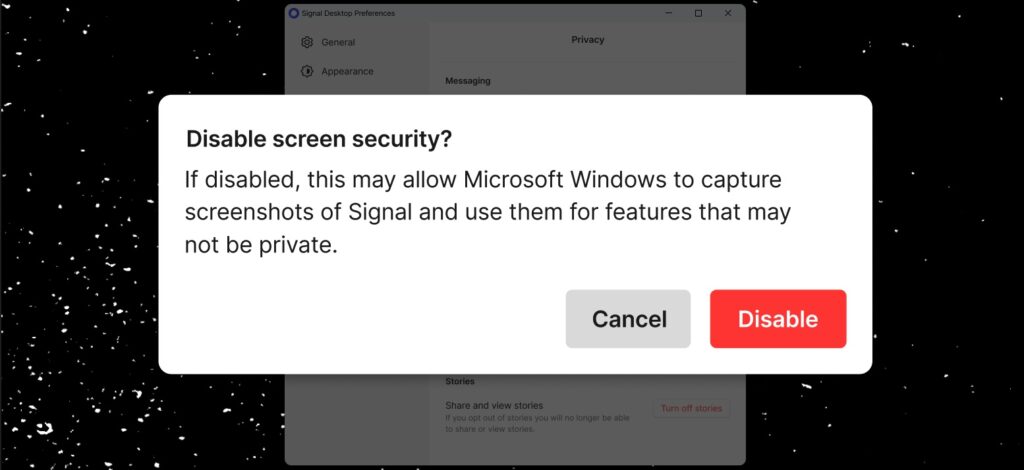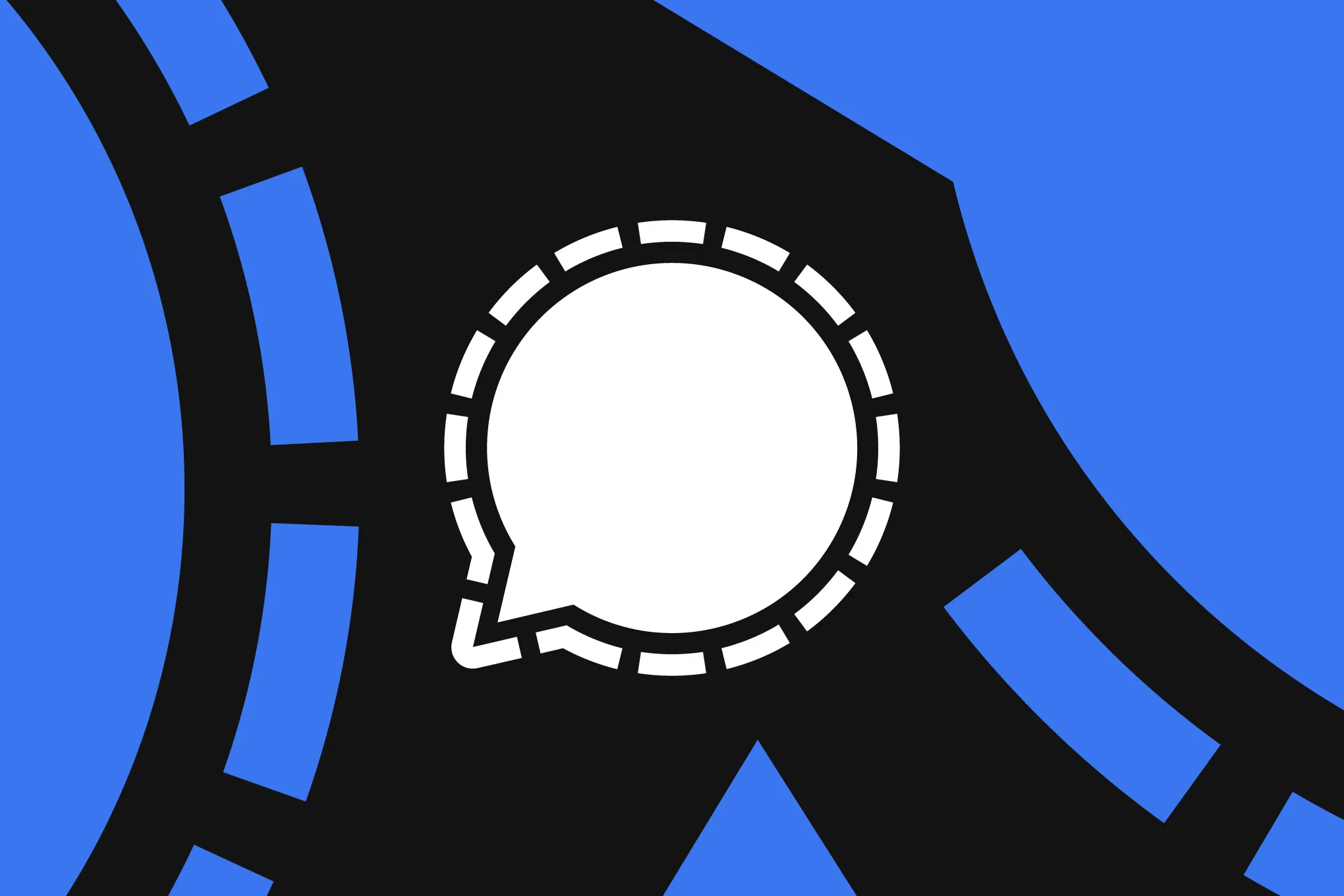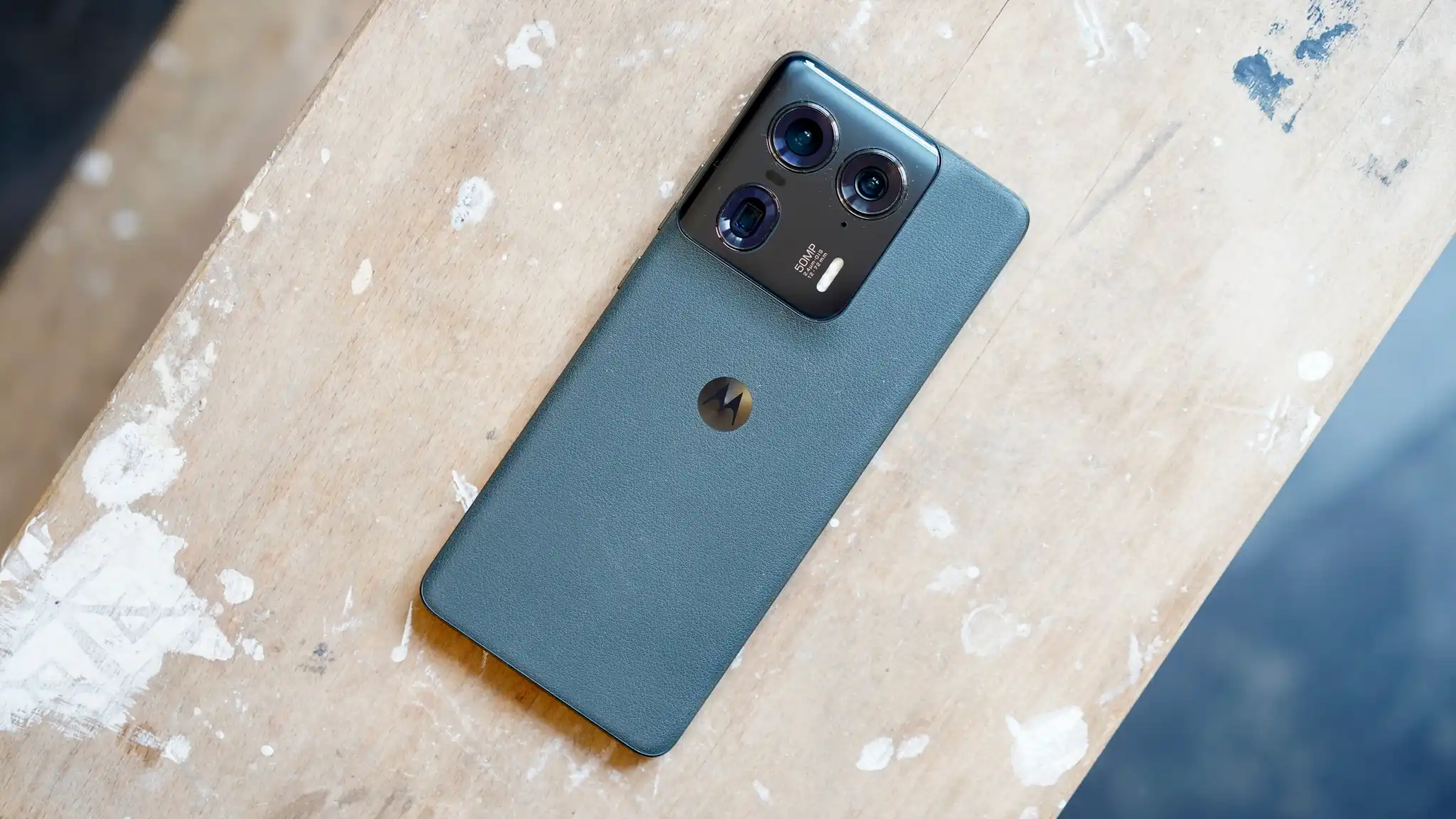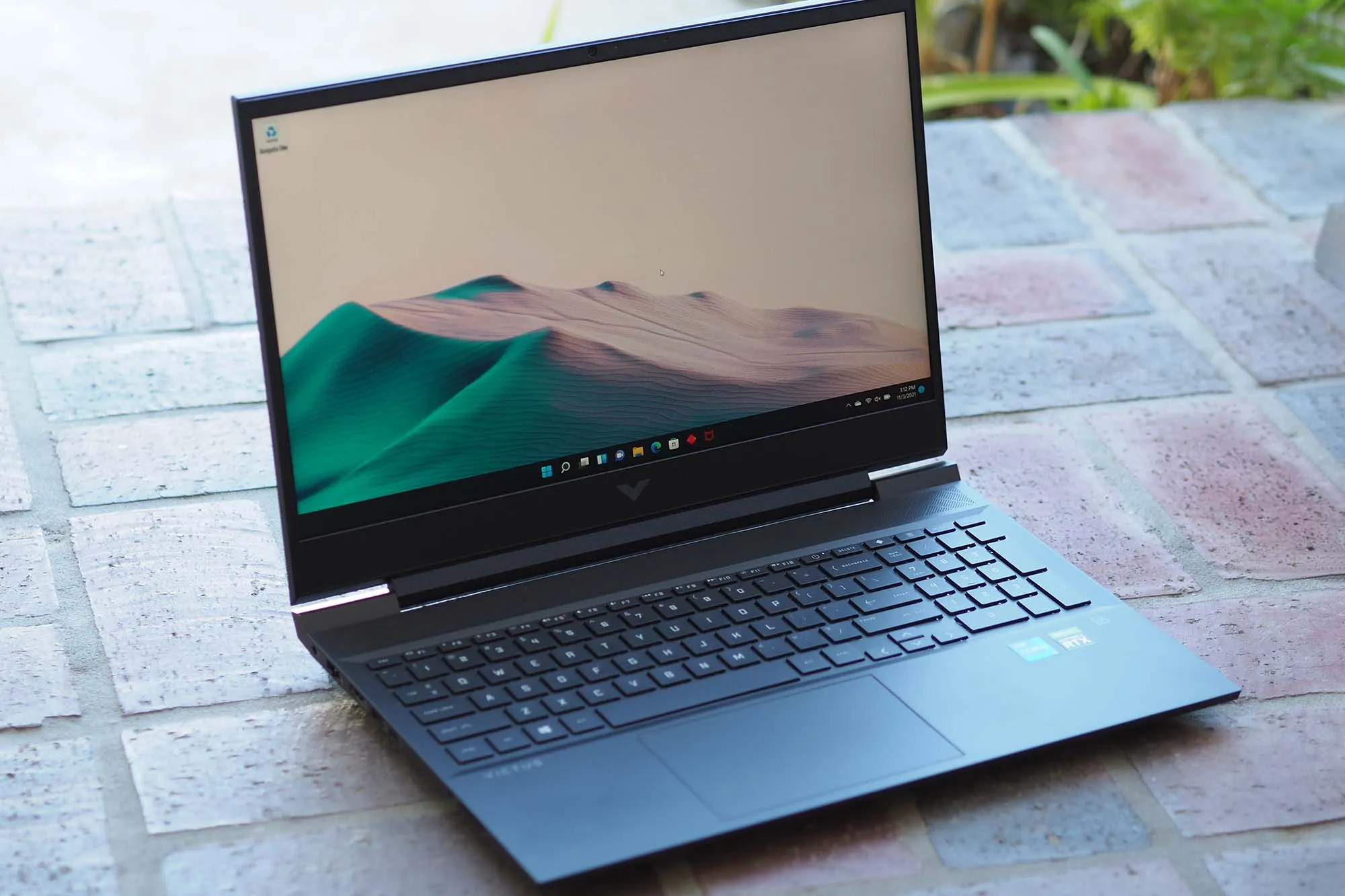
Signal has long stood as a beacon for users seeking secure, end-to-end encrypted communication—and now it’s taking a bold step to maintain that privacy standard in the face of Microsoft’s controversial Windows Recall feature. The company has confirmed that its latest Windows app will actively block Recall from capturing any of its screen contents, presenting users with a blank black window instead. It’s a deliberate move that underscores Signal’s ongoing mission to protect user data at all costs, especially in an era where operating systems are increasingly integrating features that may compromise digital privacy.
Windows Recall, one of the flagship features of the upcoming “Copilot+” PCs, automatically captures screenshots every few seconds, creating a searchable history of user activity. While Microsoft pitches this as a productivity enhancement, the technology has faced major scrutiny for its invasive nature. Signal’s developers aren’t buying into the optimism. Instead, they’ve taken a firm stance, likening their approach to the way streaming services use DRM to block screenshots. Using built-in Recall APIs, Signal simply opts out—leveraging the same system Microsoft provides for DRM enforcement to say “no thanks” to constant visual monitoring.
Signal’s lead developer, Joshua Lund, clarified the rationale behind the decision in a detailed post, noting that developers don’t have granular control over what Recall captures. That’s why the app defaults to screen protection, effectively shielding conversations from being logged. However, there’s nuance here: accessibility tools like magnifiers or screen readers rely on similar screenshot mechanisms. In response, Signal allows users to disable this screen security feature through its settings, but not without a deliberate confirmation step to prevent accidental exposure.
In his closing remarks, Lund didn’t mince words. He took direct aim at Microsoft’s motivations, mocking Recall as an idea that sounds like it was dreamed up by a low-effort AI trying to bolt an “AI feature” onto Windows to satisfy investors. His point was clear: if Microsoft continues to develop platforms in a way that makes private, secure communication impossible, then Signal will have to reconsider supporting the platform altogether. It’s a strong warning from a company that has never shied away from prioritizing user privacy—even if it means drawing a line in the sand.




